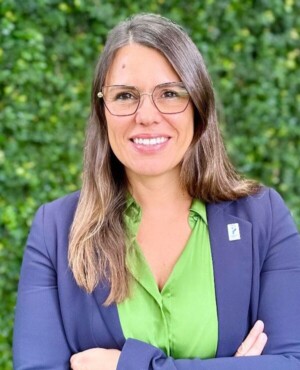María Isabel Mayorga

Research Fellow
Guatemala City, Guatemala
María Isabel Mayorga joined the Council in September 2023 as a Research Fellow based in the Council’s Guatemala office. Her fellowship focuses on identifying, documenting, and cultivating strategic partnerships in connection with the Social and Behavioral Science Research agenda and the International Program’s strategic partnerships model. Additionally, Mayorga is also supporting the implementation of research impact strategies, by cultivating partnerships with civil society organizations and government stakeholders in Guatemala and Mesoamerica. She is mentored by Ángel del Valle, Population Council’s Guatemala office country representative and senior research officer.
Before joining the Council, Mayorga has spent 15 years working with private sector funded nonprofits; leading programs aimed at advancing education and leadership as well as multisector collaboration projects looking to strengthen democracy and increase economic development. Between 2006 and 2013, she led the nonprofits: Movimiento Ciudadano Guatemala, Vital Voices Guatemala, and Fundación Gedeón. Through her leadership she deployed the development of an online curriculum designed to promote citizenship, critical thinking, and political participation among Guatemalan youth. She has also previously contributed to the Council’s project Abriendo Oportunidades where she participated in its implementation in different Central American countries. Her personal research interest is identifying and addressing challenges faced by Indigenous women and girls who want to participate in politics and the public sector.
Mayorga holds a master’s degree in business administration from the Rotterdam School of Management, Erasmus University, and an additional master’s degree in strategic studies from Rafael Landívar University. She is part of the Aspen Institute’s Global Leadership Network through her nomination as fellow to the ninth cohort of the Central American Leadership Initiative (CALI), an organization made up of leaders from civil society, public and private sector organizations from the six Central American countries. Maria is also a board member of Guatemalan based Women’s Justice Initiative and Online Learning Initiative.
She is fluent in Spanish, English, and German.
